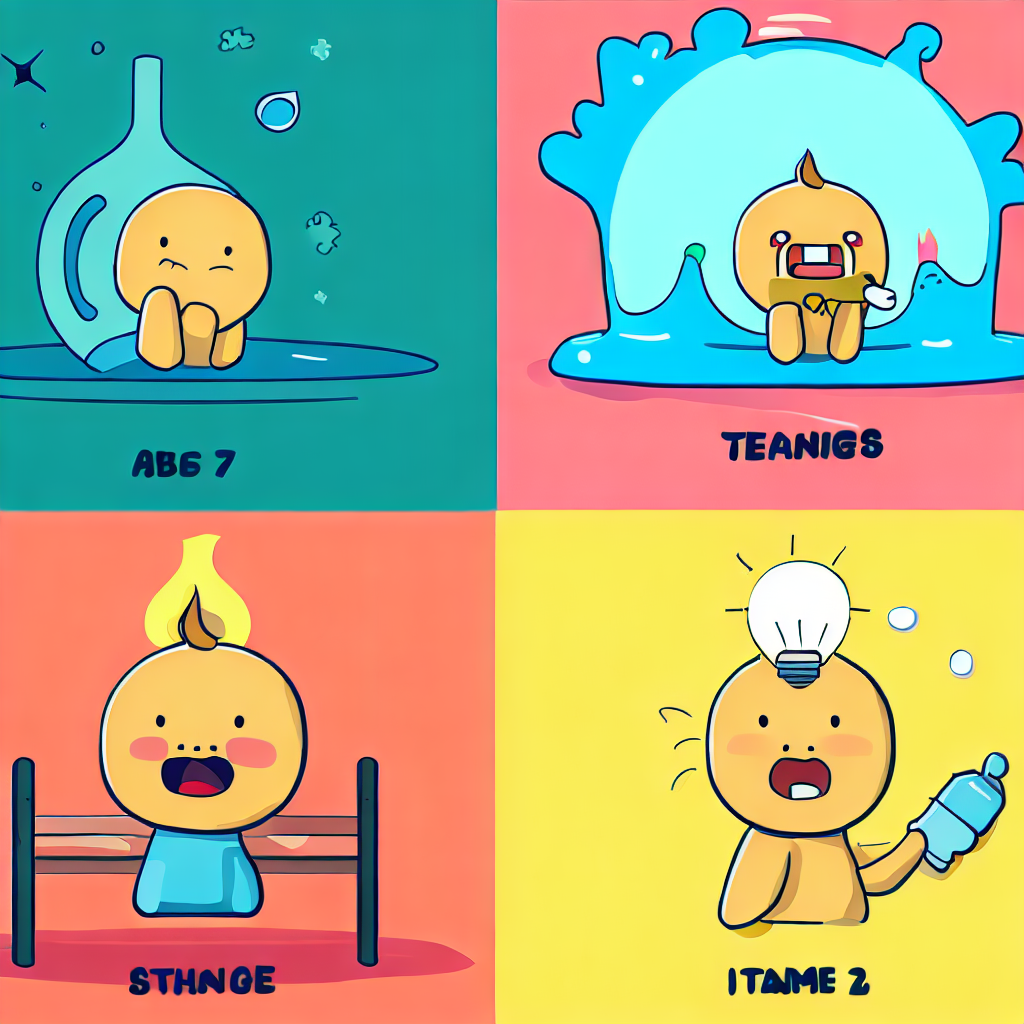Gaslighting is a psychological term that has gained significant attention in recent years. It refers to a form of manipulation where one person systematically undermines another person’s perception of reality, making them doubt their own thoughts, feelings, and experiences. This insidious tactic can have severe emotional and psychological consequences for the victim. In this blog, we will delve into the concept of gaslighting from the perspective of psychology, exploring its techniques, effects, and ways to cope with it.
Techniques of Gaslighting : How can they gaslight you?
Gaslighting is often carried out through various techniques that aim to destabilize the victim’s sense of reality. These techniques can include:
- Denial and Contradiction: The gaslighter may flatly deny something that the victim knows to be true or contradict their memories and experiences. For example, if the victim recalls an event differently, the gaslighter might say, “You’re imagining things. That never happened.”
- Selective Amnesia: Gaslighters may conveniently forget events or conversations, further confusing the victim. They might say things like, “I don’t remember saying that,” or “You must be mistaken.”
- Blaming and Shifting Responsibility: Gaslighters often shift blame onto the victim, making them feel guilty or responsible for the problems in the relationship. They might say, “If only you weren’t so sensitive, we wouldn’t have these issues.”
- Minimization and Trivialization: Gaslighters downplay the victim’s emotions, dismissing them as overreactions or exaggerations. They might say, “You’re overreacting. It’s not a big deal.”
- Diverting and Deflecting: Gaslighters divert the conversation away from their behavior and redirect the focus onto the victim’s shortcomings or mistakes. They might say, “Let’s not talk about what I did wrong. Let’s talk about how you always mess things up.”
Effects of Gaslighting : What can gaslighting do to you?
Gaslighting can have profound and long-lasting effects on the victim’s mental and emotional well-being. Some common effects of gaslighting include:
- Self-Doubt: Gaslighting causes victims to doubt their own thoughts, perceptions, and judgments. They may become uncertain about their abilities and lose confidence in their decision-making.
- Emotional Distress: Gaslighting often leads to emotional turmoil, anxiety, and depression. The constant manipulation and invalidation can leave victims feeling overwhelmed and emotionally drained.
- Isolation: Gaslighters frequently isolate their victims from support networks, making them dependent on the gaslighter for validation and emotional stability. This isolation can further exacerbate the victim’s vulnerability and feelings of helplessness.
- Confusion and Cognitive Dissonance: Gaslighting creates a state of cognitive dissonance where the victim’s beliefs and experiences conflict with the gaslighter’s manipulations. This confusion can lead to a distorted sense of reality and immense psychological stress.
Coping with Gaslighting : How can you heal and save yourself from gaslighting?
If you find yourself in a gaslighting situation, it’s crucial to take steps to protect yourself and regain your sense of self. Here are some strategies to cope with gaslighting:
- Educate Yourself: Learn about gaslighting and understand its tactics. Recognizing the signs of gaslighting can help you regain perspective and validate your experiences.
- Seek Support: Reach out to trusted friends, family members, or mental health professionals who can provide a safe space for you to share your experiences and gain support.
- Maintain Documentation: Keep a record of incidents, conversations, and any evidence that can help validate your experiences. This documentation can serve as a reality check and provide you with tangible proof if needed.
- Set Boundaries: Establish and enforce healthy boundaries in your relationships. Communicate your needs and expectations clearly, and be firm in maintaining your boundaries.
- Practice Self-Care: Engage in activities that promote self-care and well-being. Take time for yourself, engage in hobbies, and prioritize your mental and emotional health.
- Consider Professional Help: If the effects of gaslighting persist and significantly impact your well-being, seeking therapy from a qualified mental health professional can provide invaluable support and guidance.
Reclaiming Your Reality
Gaslighting is a deeply harmful form of psychological manipulation that can leave lasting scars. By understanding the techniques and effects of gaslighting and implementing coping strategies, you can begin to reclaim your reality and regain control over your life. Remember, your thoughts, feelings, and experiences are valid, and you deserve to be treated with respect and empathy.












